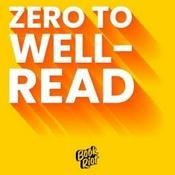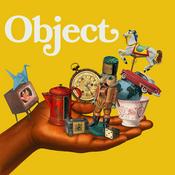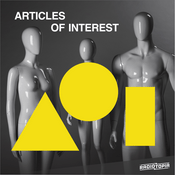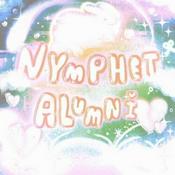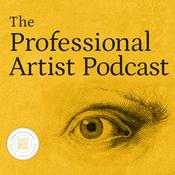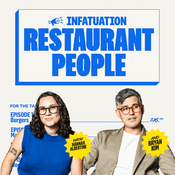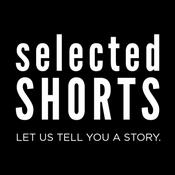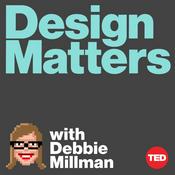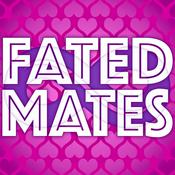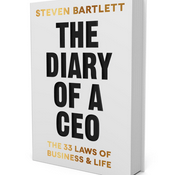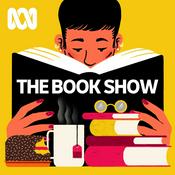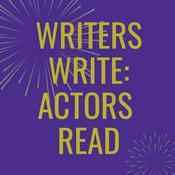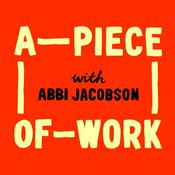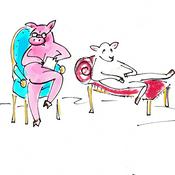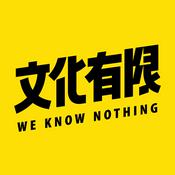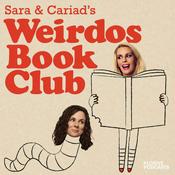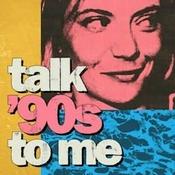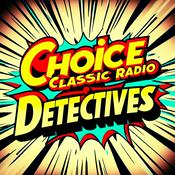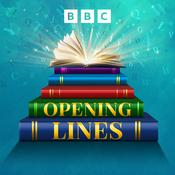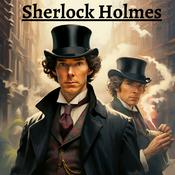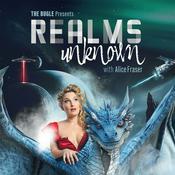24 episodes

Ben Davis on What’s At Stake in Art Criticism Today
31/3/2025 | 1h 21 mins.
If you’re an art critic, it helps to feel that something is at stake in what you’re writing about. It sharpens the pencil, so to speak.When reading the criticism of Ben Davis, the feeling of stakes is ever-present—the sense that art and its aims, concerns, and debates are not frivolous but core, nested within the broader sweep of human affairs like a thinking heart.This is why for a long time I’ve considered Ben to be the best, most consistently interesting art critic anywhere. I’ve also been lucky enough to have worked with him for almost a decade across tours of duty at Artinfo and Artnet, and I’m proud to call him a friend.So what’s at stake in art today? A lot. The world is in transition, with our old political, cultural, and media institutions in crisis and AI speed-running us into an uncertain and encompassing new paradigm. Things are palpably in a state of reorganization. Lots of cheese is being moved. Ben argues that, amid all of this flux, art itself is under threat.Today, for the conclusion of season two of these Artwrld conversations, and for my final episode here at Artwrld before moving on to new projects, I’m very happy to talk to Ben about the state of the art today.

Filmmaker Bennett Miller on the Imperative of Artistic Innovation in the Age of AI
21/3/2025 | 53 mins.
Around 2015, after finishing the acclaimed movie Foxcatcher, the filmmaker Bennett Miller began working on a documentary about AI. Though it was years before Chat GPT brought the technology to mainstream attention, he managed to capture a bracing, far-sighted vision of how AI could change society and culture through interviews with tech founders, venture capitalists, scientists, artists, and everyone in between, from Sam Altman to Tom Stoppard. After filming was done, Bennett received early access to DALL-E, OpenAI’s image generator. Fast-forward to today. The documentary, a six-part series called A Better World, has become frozen in a hazy legal purgatory and is yet to be released. But Bennett is a man transformed. Today he is a virtuosic AI artist whose spectral, sepia-toned images—surreal technological echoes of 19th-century ghost photography—have been displayed around the world by Gagosian Gallery, most recently in a Paris show that ended earlier this month.So, what has he learned on his voyage into the strange heart of AI? And how has it shaped his thinking about how art functions today?

Christie’s Nicole Sales Giles on Making History With the First AI Art Auction
13/3/2025 | 1h 10 mins.
If you're in the art and tech space—or the art world writ large—you've probably been at least a little transfixed by the drama, controversy, and, ultimately, financial success attached to the Christie's Augmented Art auction that ended last week.Some decried the sale, the first ever dedicated to art made with artificial intelligence, as glorifying what they see as mass exploitation of creative work by the big AI companies. In fact, after it was announced, approximately 6,500 people signed an open letter to Christie’s with a simple cri de coeur: “We ask that, if you have any respect for human artists, you cancel the auction.”Others have argued that the artists featured in the sale are doing exactly what we want artists to do: to experiment with new tools and ideas, break conventional boundaries, and push through to uncharted terrain. Heightening the stakes, perhaps? The auction's success, with its $730,000 haul coming in 20 percent above estimate, was a rare bright spot in an otherwise gloomy and perturbed art market. So let's talk about it! And let's hear the backstory from the person who organized it, Christie's Vice President of Digital Art Nicole Sales Giles. Because the work that went into the sale, both by the artists and the auction house, is actually more consequential—and more fascinating—than meets the eye.This week, I am very pleased to talk to Nicole about how she went about assembling Augmented Art, what AI art even means, and what the artists who protested the auction got absolutely right.

Artist Stephanie Dinkins on How to Play the Long Ball With AI
07/3/2025 | 1h 15 mins.
Few things feel worse than being misunderstood. That’s especially the case when you’re persistently misunderstood—when, try as you might to convince someone of something you know to be true, it falls on deaf ears because their mind is already made up to the contrary.Now, imagine if the future of your reality was being constructed atop this misunderstanding, and if it wasn’t just you who was misunderstood but a vast population of other people like you.Years ago, the artist and professor Stephanie Dinkins realized this nightmare scenario was in fact playing out with AI, with foundation models being trained on data that replicates the same pernicious biases across race, gender, and other points of difference that contribute to making our society unequal and problematic.So, she resolved to do something about it.

Metalabel's Yancey Strickler on Building a Post-Crypto Haven for Artists
28/2/2025 | 1h 5 mins.
A few years ago, the Kickstarter-cofounder and creative entrepreneur Yancey Strickler went down the crypto rabbit hole. In his brilliant 2019 essay “The Dark Forest Theory of the Internet,” he had articulated his realization that the social web had become a hunting ground for extractive tech companies that preyed on your time, attention, privacy, agency, and money. If artists wanted to escape their clutches and build sustainable careers on their own terms, they needed to hide out in private forums—and the NFT space, with its tight-knit community and promise of decentralization, seemed to offer a safe haven in the scary thicket.So when he founded Metalabel in 2021 as a new kind of platform for creatives based on communal making, automated revenue splits, and friction-free social distribution, it seemed natural to build it on a crypto foundation. But soon a new realization dawned: there were dangers in the rabbit hole as well, with speculation and a drive toward profit maximization creating a casino environment that many artists found inhospitable.So, after going down the rabbit hole, Yancey went through the rabbit hole, and out the other side.
More Arts podcasts
Trending Arts podcasts
About Artwrld
Listen to Artwrld, Dish and many other podcasts from around the world with the radio.net app
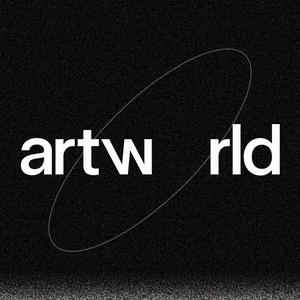
Get the free radio.net app
- Stations and podcasts to bookmark
- Stream via Wi-Fi or Bluetooth
- Supports Carplay & Android Auto
- Many other app features
Get the free radio.net app
- Stations and podcasts to bookmark
- Stream via Wi-Fi or Bluetooth
- Supports Carplay & Android Auto
- Many other app features


Artwrld
download the app,
start listening.




